Endocrinology and Hormones
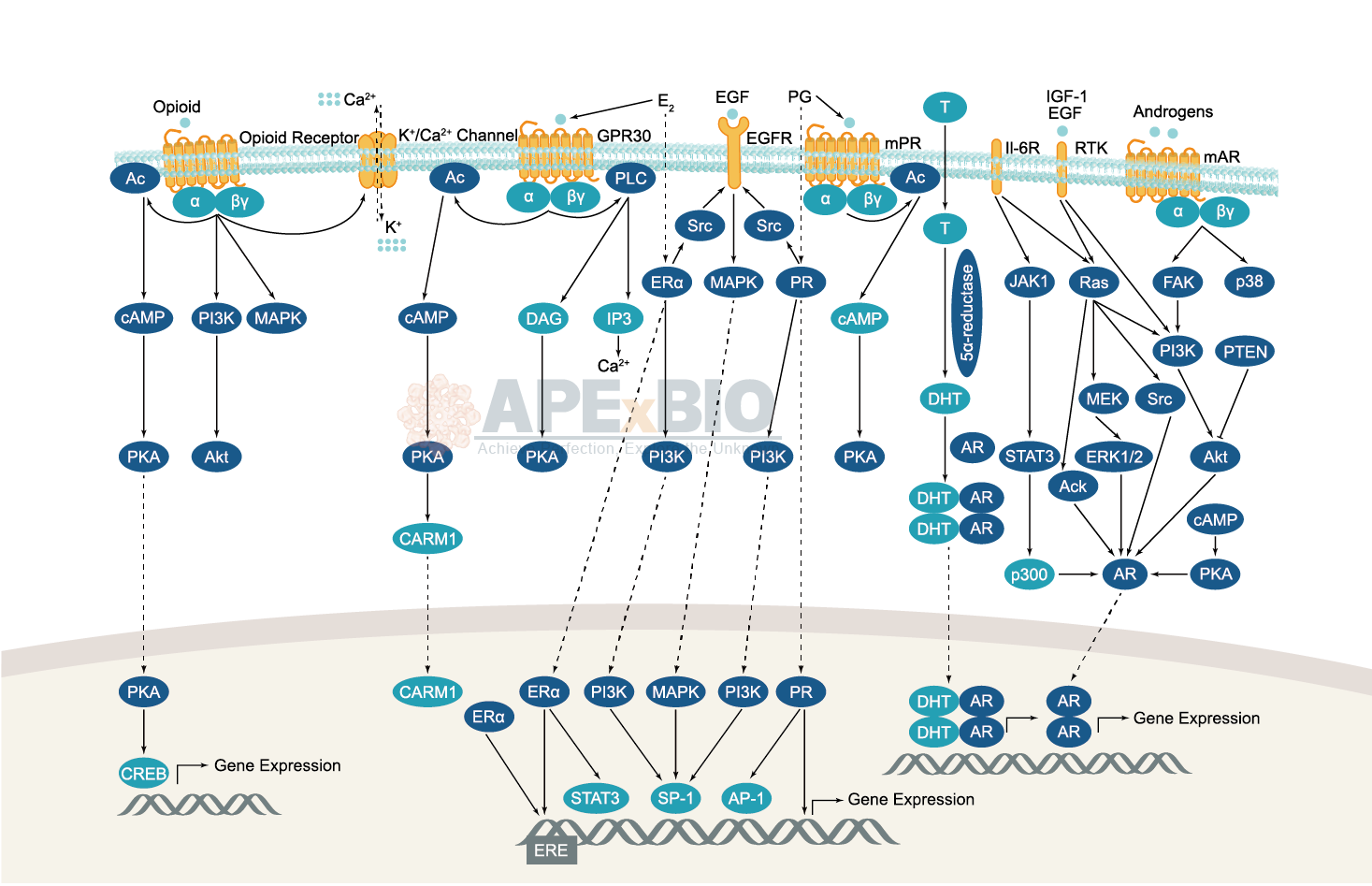

Endocrinology is the study of hormones, their receptors and intracellular signaling pathways, as well as the related diseases. The endocrine system functions can be broadly classified into several categories, including reproduction and sexual differentiation, development and growth, maintenance of the internal environment, and regulation of metabolism/nutrient supply.
There are three types of hormones based on their chemical composition: Amines (e.g. dopamine, adrenalin and noradrenalin); Steroids (e.g. estrogen, testosterone and glucocorticoids); Peptides (e.g. the peptide hormones insulin, ghrelin and vasopressin). Peptide hormones produced by secretory nervous tissue are known as neuropeptides. For example, thyroid hormone plays important parts in development, homeostasis and metabolism, while cortisol is essential for growth, nutrient supply and immune function. Moreover, the regulation of blood glucose involves several pancreatic peptide insulin and its counter regulatory hormone, glucagon, as well as cortisol, growth hormone and epinephrine.
Dysregulations in endocrine system are implicated in diseases such as Acromegaly, Cushing Syndrome, Diabetes, Dwarfism, Graves Disease, Hermaphroditism, Delayed and Precocious Puberty and Thyroid Diseases.
-
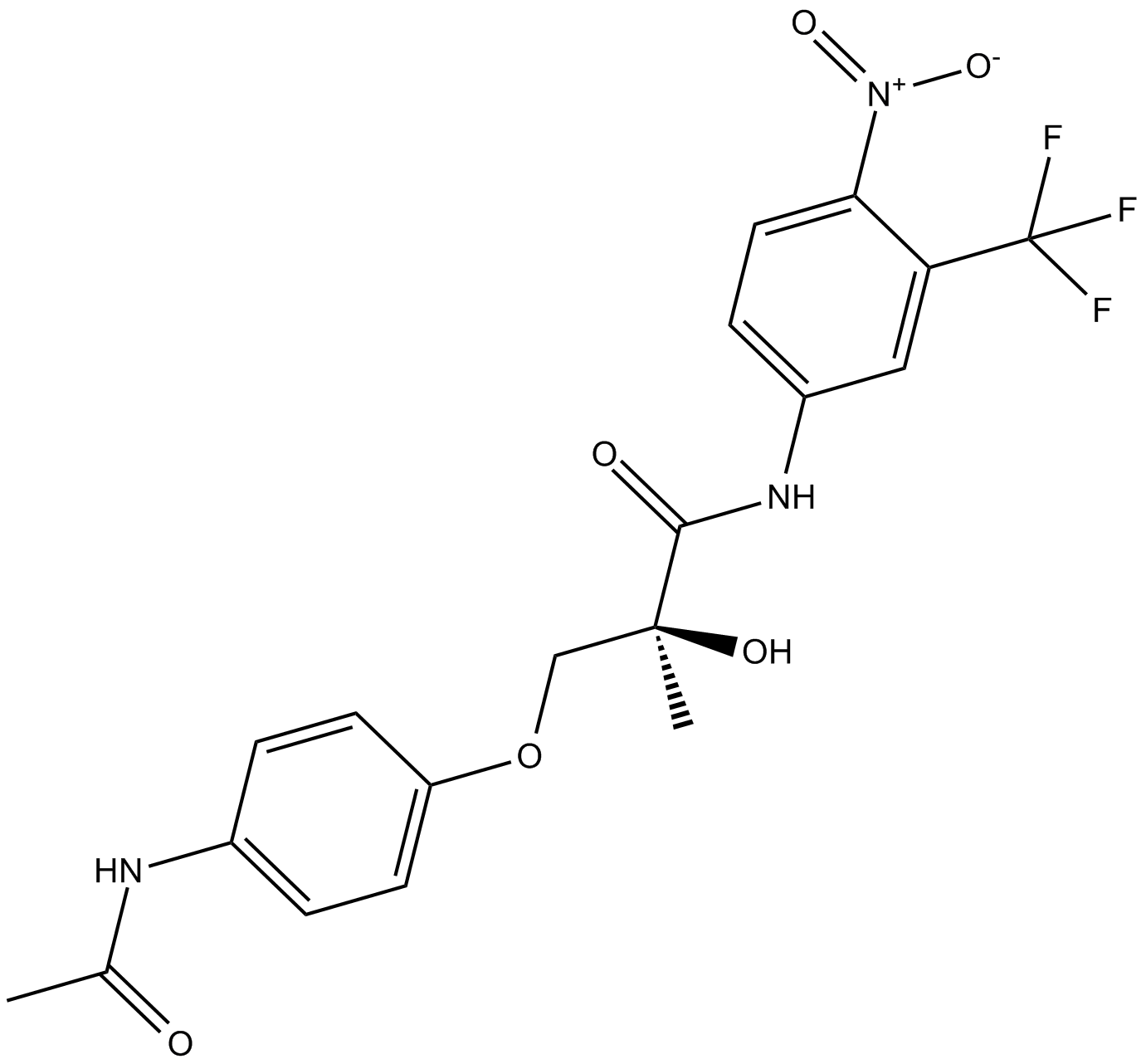 A2150 AndarineTarget: Androgen ReceptorsSummary: Androgen receptor agonist
A2150 AndarineTarget: Androgen ReceptorsSummary: Androgen receptor agonist -
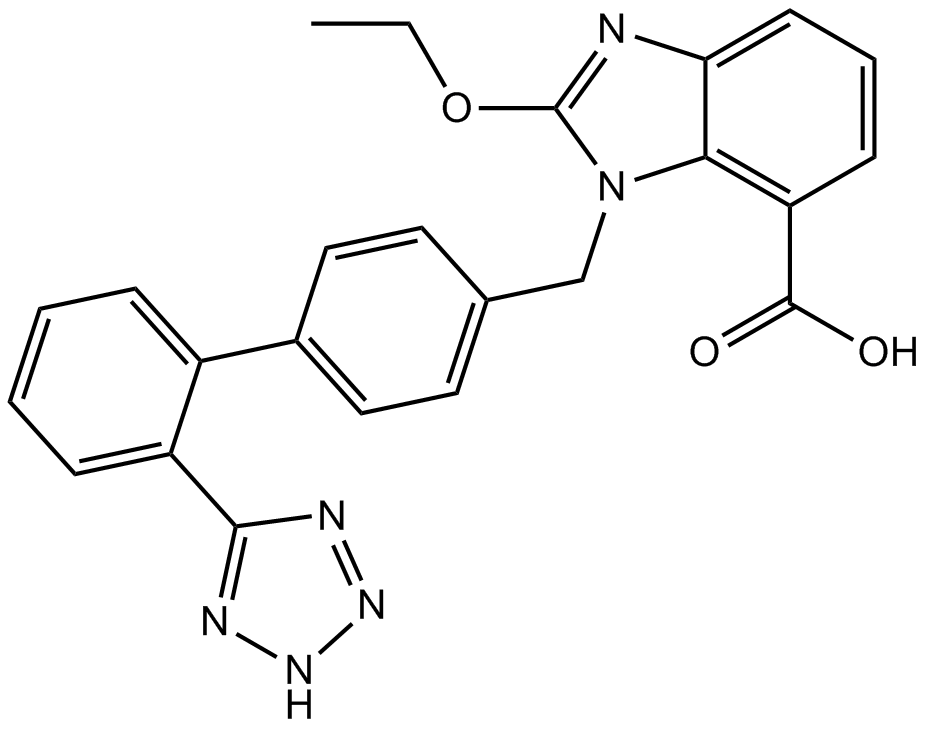 A5932 CandesartanSummary: Angiotensin II receptor 1 (AT1) antagonist
A5932 CandesartanSummary: Angiotensin II receptor 1 (AT1) antagonist -
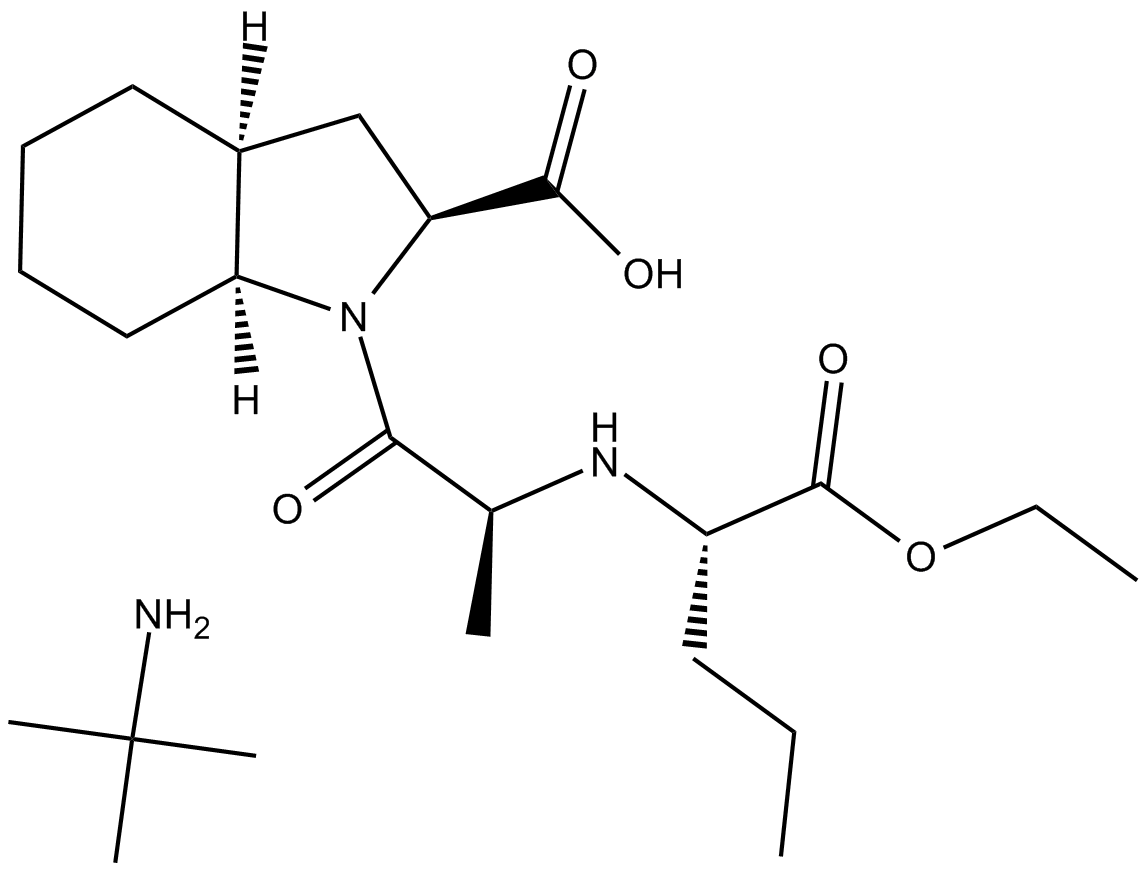 A8019 Perindopril ErbumineTarget: Angiotensin-Converting Enzymes (ACEs)Summary: ACE inhibitor
A8019 Perindopril ErbumineTarget: Angiotensin-Converting Enzymes (ACEs)Summary: ACE inhibitor -
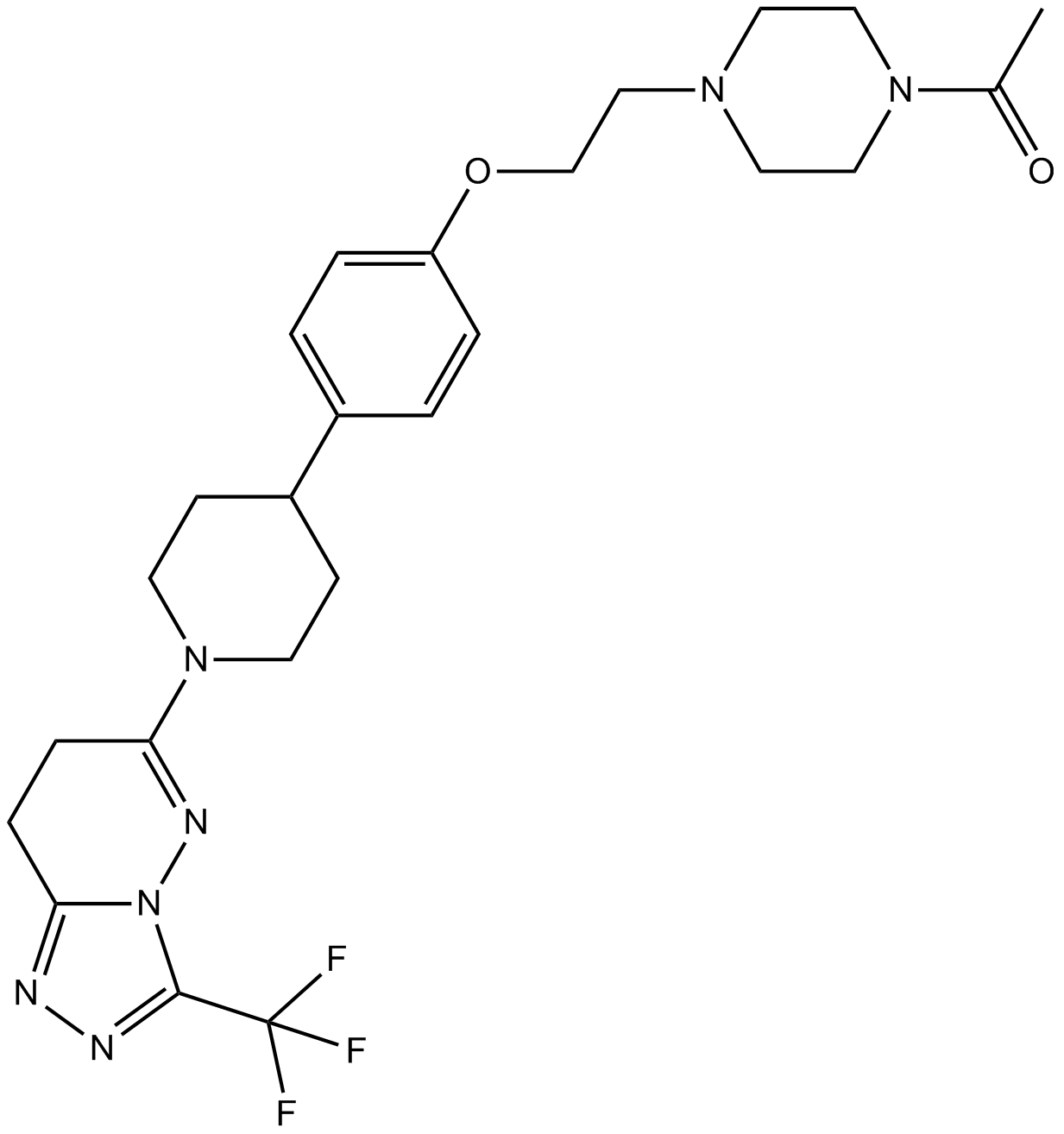 A1372 AZD3514Summary: Androgen receptor downregulator
A1372 AZD3514Summary: Androgen receptor downregulator -
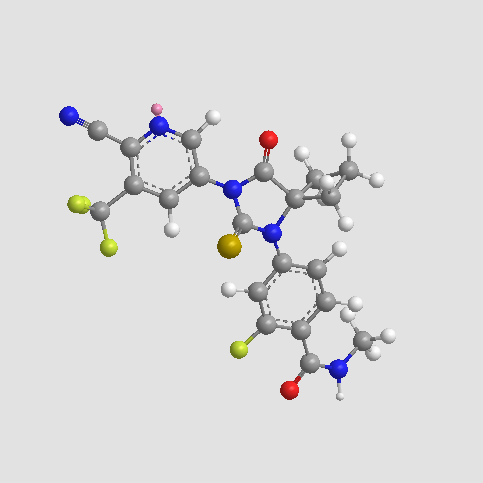 A8364 ARN-5092 CitationTarget: Androgen ReceptorSummary: Androgen receptor inhibitor
A8364 ARN-5092 CitationTarget: Androgen ReceptorSummary: Androgen receptor inhibitor -
 A8428 Ethinyl EstradiolSummary: Oral contraceptive
A8428 Ethinyl EstradiolSummary: Oral contraceptive -
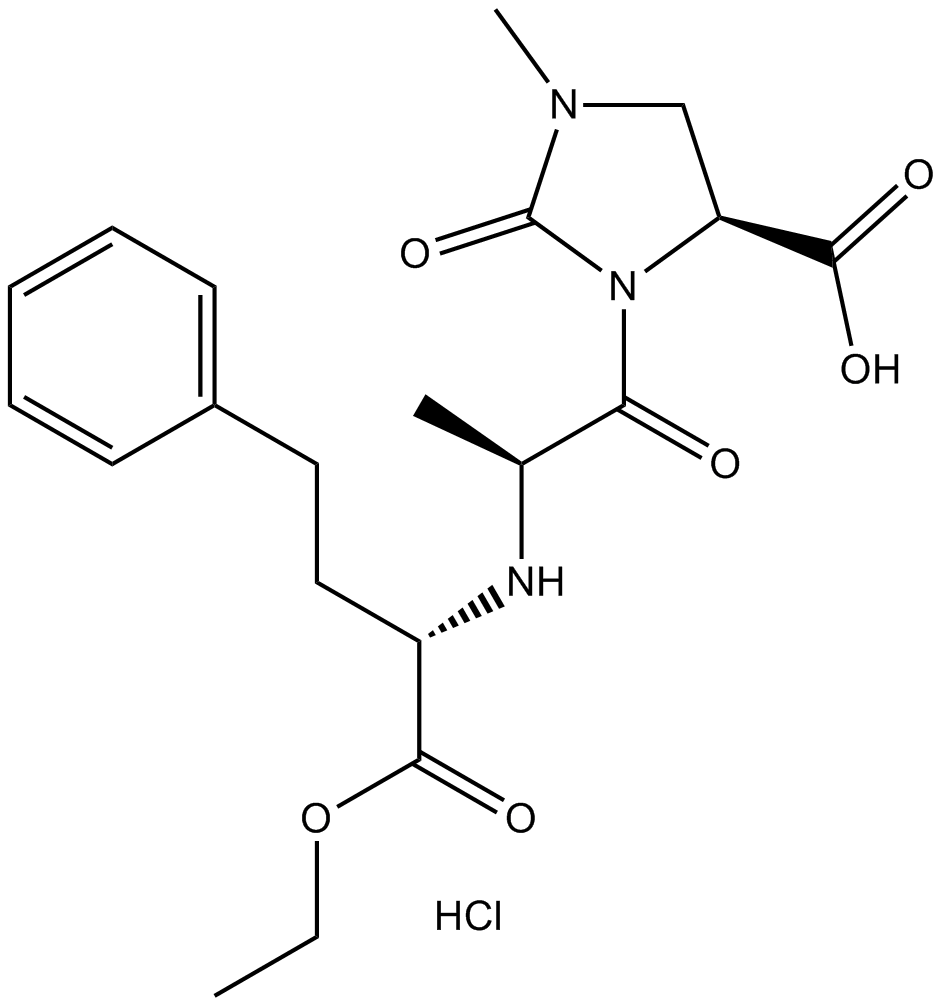 A8447 Imidapril HClTarget: ACESummary: RAAS inhibitor
A8447 Imidapril HClTarget: ACESummary: RAAS inhibitor -
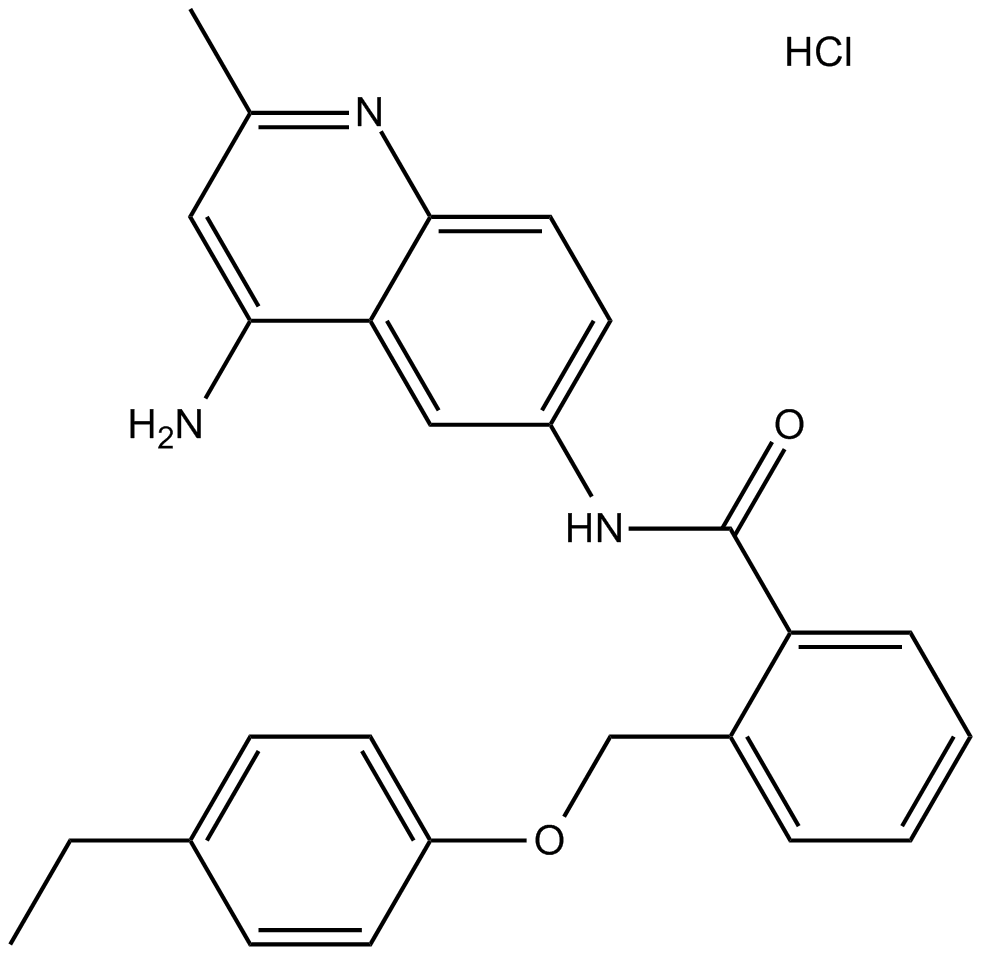 A8456 JTC-801Target: NOP ReceptorsSummary: KOR-3 (NOP) receptor antagonist
A8456 JTC-801Target: NOP ReceptorsSummary: KOR-3 (NOP) receptor antagonist -
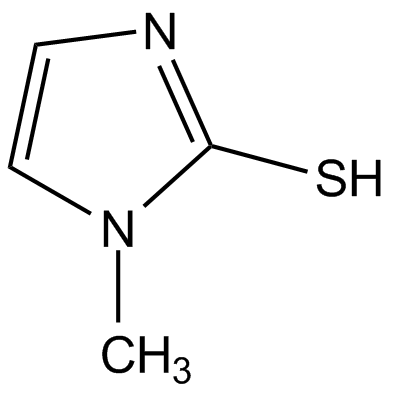 A8472 MethimazoleTarget: ICAMSummary: ICAM-1 inhibitor
A8472 MethimazoleTarget: ICAMSummary: ICAM-1 inhibitor -
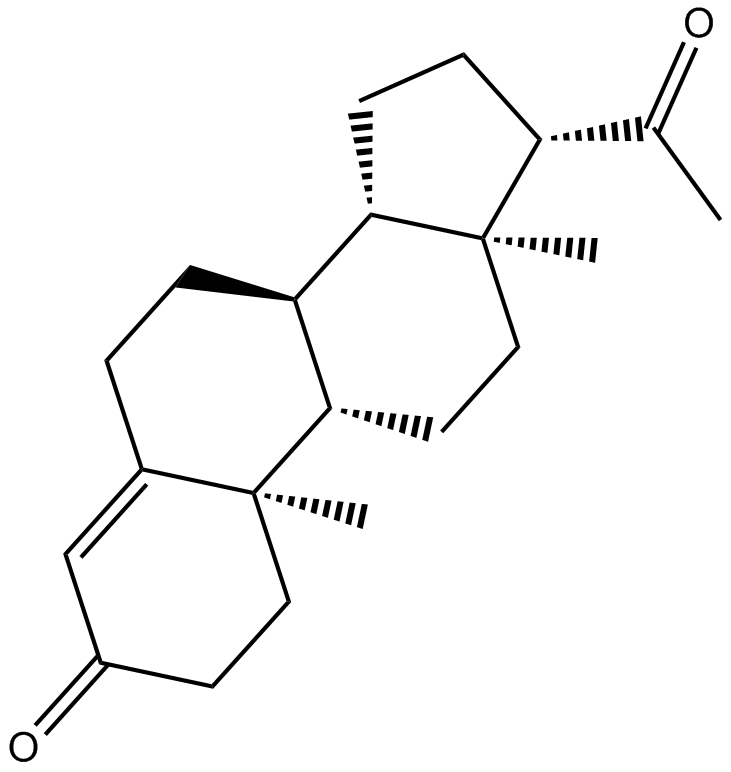 A8509 ProgesteroneSummary: Progesterone
A8509 ProgesteroneSummary: Progesterone


